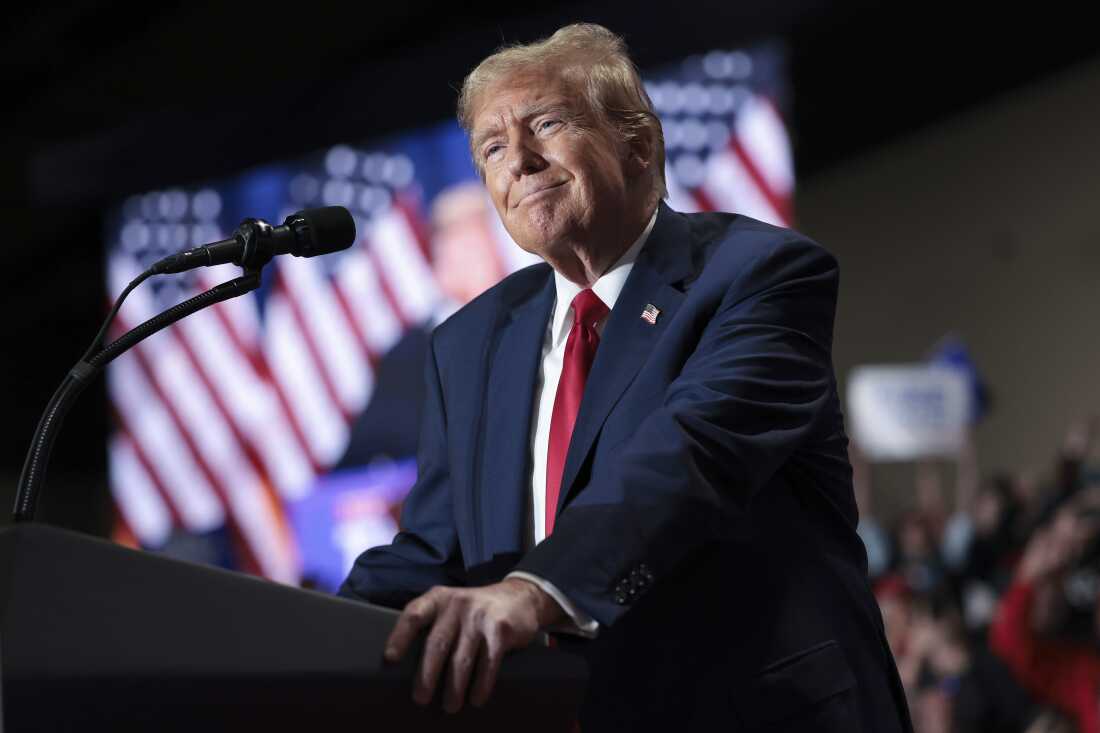South Sudan has become the first African country to accept third-country deportees from the United States, receiving eight individuals, most of whom are not South Sudanese. At the same time, Rwanda has confirmed ongoing discussions with the Trump administration about a similar agreement, while Nigeria has firmly rejected the idea, citing internal challenges.
These developments reflect a growing U.S. initiative to send deported individuals to countries other than their own, a strategy previously applied in Latin America but not yet widely implemented in Africa, Asia, or Europe.
Balancing Migration Control With Human Rights: Africa Weighs U.S. Deportation Proposals Carefully
The U.S. argues that third-country deportation agreements help address what it calls excessive and unmanageable migration. However, human rights groups have voiced strong opposition, warning that deportees could be sent to nations with poor human rights records or no cultural, familial, or legal ties.
These concerns echo the U.K.’s failed attempt to send asylum seekers to Rwanda, which was ruled illegal by the British Supreme Court due to human rights risks. The U.S. has not publicly outlined any safeguards or criteria guiding such deportations.
President Trump recently met with leaders from five West African nations—Liberia, Senegal, Guinea-Bissau, Mauritania, and Gabon—where migration was a key topic. The discussions included not only the return of each country’s nationals but also the possibility of accepting third-country deportees.
However, African leaders stated that no formal requests were made. Liberia’s president emphasized that the U.S. was not applying direct pressure, while Guinea-Bissau’s leader acknowledged the topic but noted no commitments were asked for. Nigeria, by contrast, made its stance clear—refusing to cooperate under what it described as diplomatic pressure.
Strategic Bargains and Rising Concerns Over U.S. Deportation Deals With Africa
Some analysts believe African countries may be motivated to accept deportees in exchange for favorable U.S. policies, such as relief from visa restrictions or aid cuts. This transactional diplomacy has gained visibility as the Trump administration links cooperation on migration to broader economic and political benefits.
Countries might fear losing U.S. aid or access to trade benefits if they refuse to comply. With foreign aid declining in many regions, governments may see such migration deals as a pragmatic way to maintain U.S. goodwill.
Despite South Sudan’s quiet acceptance of eight deportees, the terms of that agreement remain undisclosed, and it has sparked backlash domestically. Critics in South Sudan have condemned the move as turning the country into a “dumping ground.”
Concerns persist over the legal status and safety of deportees once they arrive in third countries, particularly in places with questionable human rights records like Rwanda. U.S. officials themselves appeared uncertain about the fate of some deported individuals, raising alarms among human rights advocates about the lack of oversight and transparency in these arrangements.

Leave a Reply